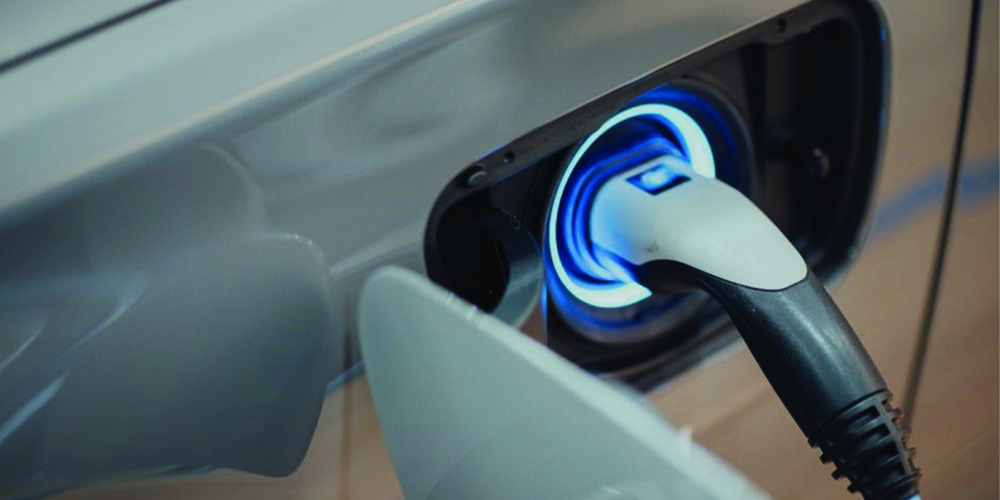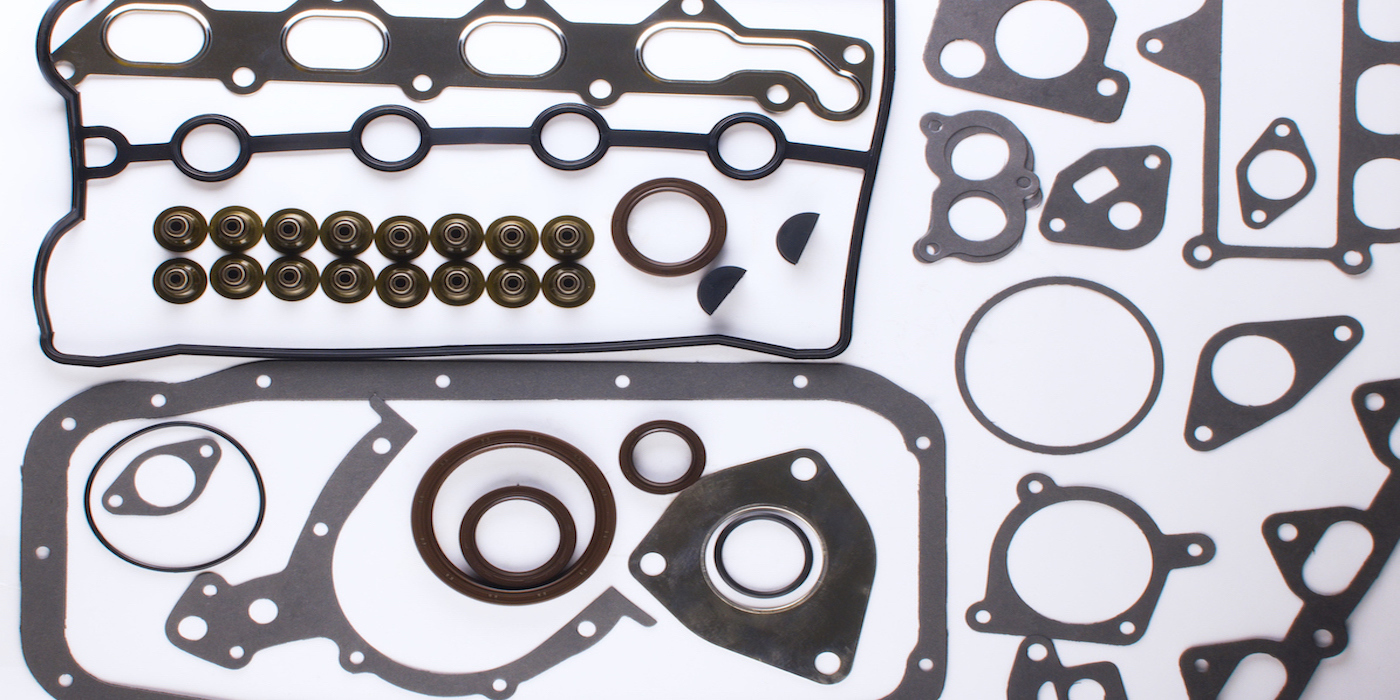By September 1, 2012, every car manufactured or imported in the U.S. must be equipped with Electronic Stability Control (ESC) to comply with Federal Motor Vehicle Safety Standard (FMVSS 126). While I am opposed to new legislation that makes anything more expensive or complicated, this is one law that I support because it could put an end to the cheap brake job and brake pads.
National Highway and Traffic Safety Administration (NHTSA) estimates FMVSS 126 will save between 1,536 and 2,211 lives a year by preventing rollovers. It also forecast that preventing rollovers will save society money by preventing damage to vehicles and property. FMVSS 126 has been under consideration since 2004, and is probably one of the best standards in the book because NHTSA consulted not only OEMs, but the aftermarket.
FMVSS 126 was so well researched that in 2008 they also projected vehicle costs would be no more than $380 for anti-lock brakes and an additional $111 for electronic stability control.
ESC systems use the brakes to control the attitude, weight transfer and overall traction of a vehicle in case of an emergency. The system pulses or releases the brakes individually and controls engine torque to achieve the best correction.
The test for FMVSS 126 is “technology neutral” and basically involves placing a robotic system in the vehicle that performs a series of maneuvers that can make a vehicle unstable. Sensors then measure how well the ESC system corrected the condition. It does not test individual components but the vehicle as a whole.
FMVSS 126 requires vehicles modified by the aftermarket to still meet the performance requirements of the regulation. In a nutshell, if a product affects vehicle acceleration, deceleration or handling, it needs to be tested. Even aftermarket products for appearance (lowered suspension, low profile tires, etc.) or convenience (roof racks, etc.) may need to be evaluated for their compatibility with a vehicle’s active safety systems. This is a new twist to FMVSS standards that typically targeted a new vehicle and not the aftermarket.
The new regulation also specifies that these systems can not be disabled by shops, only the owner of the vehicle can do that.
What does this mean for regular replacement parts and brake pad manufacturers? It could mean more testing and expense if the new standard is taken to its full extent. After all, brake pads and rotors are at the heart of any ESC system. But, friction material suppliers are jointly developing test standards and procedures along with SAE for friction materials that could make testing less expensive and more consistent. Also, thanks to the efforts of SEMA, the aftermarket was granted a one-year exemption while the rule makers figure things out.
During this hiatus, the aftermarket must come to a definition for replacement parts, modified vehicles and what is an OE specification.













